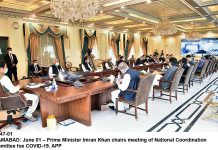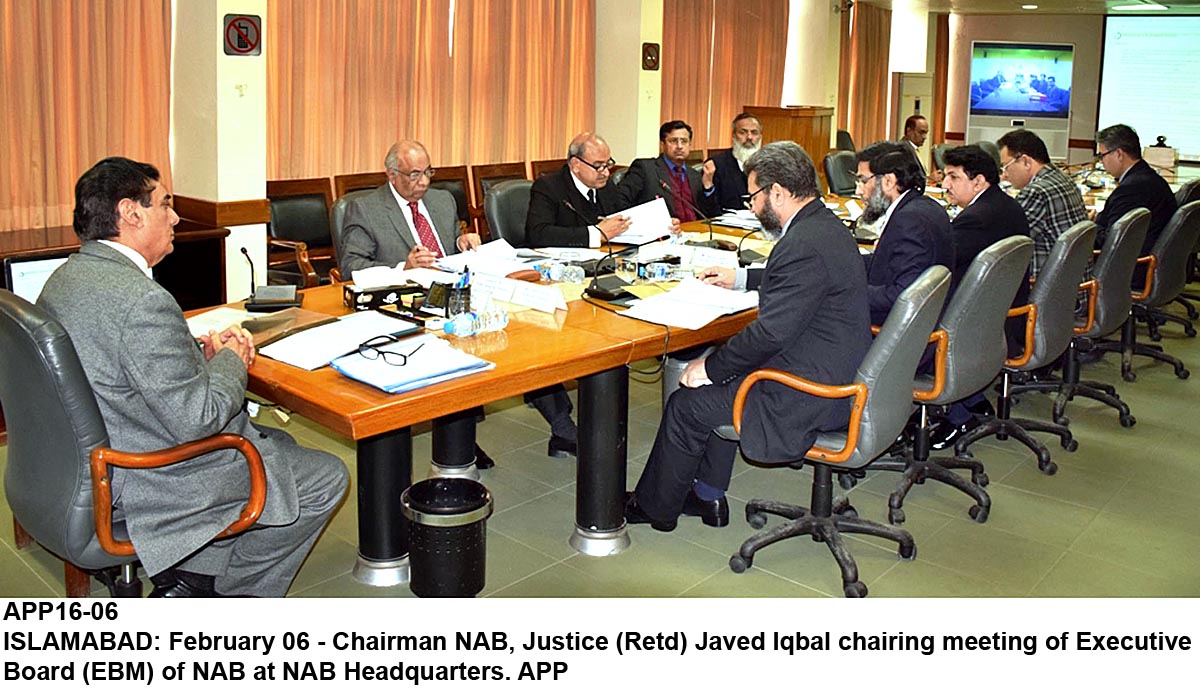ISLAMABAD: Pakistan People’s Party (PPP) Vice President Senator Sherry Rehman on Friday questioned the circumstances that led to and resulted in Taliban supremo Mullah Mansour’s death.
“My own questions to parliament after I saw Mullah Mansour’s death and the drone, both point to the disconnect we have between our institutional power-making. Who’s taking responsibility?” she questioned.
The PPP senator was speaking at an interactive session, titled ‘Changing Regional Dynamics in South Asia’, here at Serena Hotel. The session was also attended by lawmakers, members of the armed forces.
“We get told constantly that with Afghanistan the problem is quite the opposite. But it is rooted in the same genetic footprint of unresolved border and ethnic anxiety. We all know how Pakistan and Afghanistan feel about each other. It’s complexed, it’s layered. It surely cannot be defined in one word,” Sherry Rehman said.
Commenting on the quadrilateral meeting, she said, “If Ashraf Ghani does not want to talk to the Taliban anymore what is this quadrilateral all about? My answer to that is you have to engage immediately with Kabul. The first thing we need to do in Pakistan is make sure decision making is not fracture or circular.”
“Pakistan can’t afford to have Mullah Mansour types on its soil, not because of fear of drones, but because people like me ask what is he doing here. This is still a fog of war. It’s become the fog of peace now, but its still the fog of war.”
Regional Diplomacy
The PPP leader said South Asia had immense importance to Pakistan’s foreign policy. “Strategic norm, in my view, is the norm, not the exception in many countries’ foreign policy. “It cannot be the norm if you’re Pakistan because there’s so much at stake.”
“Inter-dependency is the new goal. Rational impulse rules foreign policy in this region. Rational policy, as an end goal, has in fact been the diffident gate crasher at the hightable of regional diplomacy.
Regional ties are now quoted with a thick layer of neuralgia, both with India and with Afghanistan. Where else do you have two nuclear neighbours loathed for years in hot wars or, at best, a cold peace,” said Sherry.
Anger and Foreign Policy
Senator Sherry said Pakistan was not pursuing a well-defined foreign policy. “Have we defined our interests,” she questioned. “We are not pursuing the rationale, we are acting out.”
“This is a dangerous stage to be acting out. Anger is not a policy. It’s not even a plan. Anger has dressed itself up, in many countries, as policy. You need to have a policy that manages your outcomes in your best interest. Even militaries all over the world don’t necessarily make rational decisions. Rational decisions are made collectively and are thought out over time.”
“Two broad inflection points underpin the map of enduring trusts between Pakistan’s and its two neighbours. Pakistan’s primordial anxieties are treated as both symptom and cause that flares up in the region. Perhaps Pakistan never quite defined itself,” said the PPP leader.
State and non-state actors
Sherry Rehman said the world should stop telling Pakistan “it was spawned in communalist hate”. “We are told that the state is linked to all non-state actors’ activity outside its borders. Who can deny Pakistan’s uneasy relationship to its own past and its own terrible encounter with extremism today?”
“From Pakistan we lurch from being either, a spoiler or a peacemaker, a reconciler, or the problem. Now other players in this mess also have to decide what Pakistan’s ‘role’ must be. There can’t be one handler for the hard people and one handler for the not-so hard people. I think Pakistan is unable to speak truth to global power. It has gotten used to not telling story. It has gotten being used to told what to do,” said the PPP senator.













